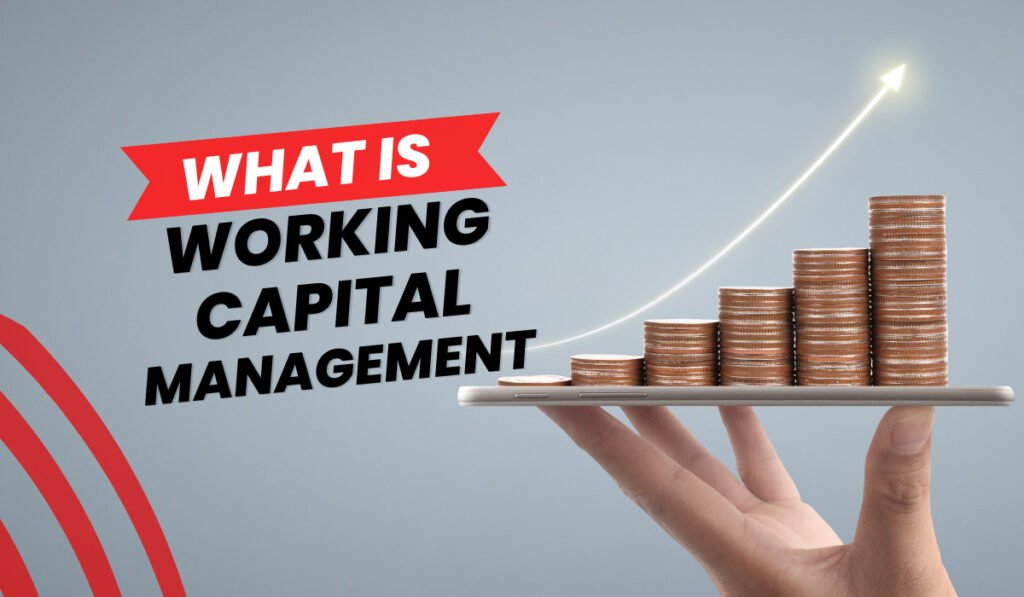Picture this. It is 1991 and your accounting firm has just been hired by an emerging textile company to help with their bookkeeping and sales tax application process. You are excited to put your many years of hard work into becoming a Chartered Accountant to use. You speak with the company’s owner, who redirects you to the backroom that is covered from top to bottom with accounting logs for you to sort through. You are tasked with tallying accounting records and determining the tax breakup to help the company and owners file for taxes. All of this takes you about a fortnight to a month to do, and you move on to the next client for whom you do the same thing. This is the peak of your career as a CA or tax consultant.
Fast forward to 2021. There are endless software and mobile applications that assist even mid-sized companies with their accounting and tax work. As a practicing CA, you have over a decade or two of experience working with clients from all industries, yet you find your traditional services being less and less in demand, as companies choose automated technology that is highly efficient and cost-effective to perform the same services. Your experience does serve some value, but where do you go from here?
If you have found yourself in this position recently, you are not alone. Companies globally have been shifting towards automation-integrated business models for many business functions that have traditionally been performed by people – you may have heard of RPA (Robotic Process Automation). A 2018 study conducted by ACCA in collaboration with Deloitte found that there is a high probability (over 50%) of automation for many finance/accounting functions, as this graph below shows.

In India, the trend of automation is spreading fast from large to mid-sized companies; even smaller companies are using more and more “ready to use” software programs for automation of accounting and tax work. Moreover, rapid advancements in technology and AI are deeming many of these automation software handle more complexities with reducing cost of use. The implication of this is clear – the market for traditional accounting and taxation services will continuously shrink.
What the above graph also demonstrates, however, is that higher-level functions in Finance and Management are a lot less likely to be automated. This is because CXO roles require business-focused thinking that revolves around long-term business planning and a focused strategy that takes into account changes in industry standards. Hence, the CFO role has a lot more impact on a business’s performance. So how can you as a practicing CA transition into the type of role a CFO plays?
Traditionally, the kind of value that CAs have been able to provide is limited to a few narrow functions – accounting, tax services, etc. A CFO role involves forecasting future scenarios, detailed planning of resources, leading digitization efforts, optimizing costs, and managing investor relationships among others. This requires a lot more strategic thinking and analysis of data that is not limited to a company’s finances. However, the scope of these job functions and the experience level required usually differ from company to company. For instance, MNCs and large corporations typically have a very specific set of requirements for a finance head, and they often have an entire in-house team for the execution of finance functions. Small businesses such as startups and MSMEs, however, often have a broader requirement for the role of CFO – one that requires experience that spans across industries and business verticals. But, most startups/MSMEs cannot afford a full-time CFO with this kind of background. Given the volume of such companies facing this issue, the concept of a virtual CFO (VCFO) was born.
A VCFO is essentially an outsourced CFO who works with multiple clients providing primarily CFO services, but often additional support that is customized depending on the client’s unique needs. Startups often require immense support in activities such as securing capital funding and building investor relationships, performance tracking, operations management, and MIS to name a few. A VCFO can offer all of these on-demand services at a much more affordable investment to these businesses. This graph demonstrates the entire scope that a VCFO role covers:

A virtual CFO role allows for versatility in the type of services you can provide – and the kind of services that are high in demand in the market. As you move from left to right in this graph, you may notice that the need for more non-traditional services goes up. While those skills are acquired through a combination of years of experience as a VCFO and expertise that spans across industries, there is a large market to be tapped in all 4 quadrants. So if you are currently a practicing CA considering joining the VCFO sector, there are many routes you can take as you start building your skillset.
Given how the VCFO sector is a new and developing market, there is a growing awareness that is often clouded with misconceptions about what this role entails. Some common myths are:
Evidently, the VCFO sector is broad in the spectrum of services that can be provided, and time and experience are needed to build your portfolio and build value for your clients. Practicing CAs are best suited to enter the VCFO field due to the technical knowledge picked up during the article ship and all subsequent finance function experiences. However, embarking on this journey from CA to VCFO is not as simple as just deciding to start your own VCFO firm one day. If only life were that easy!

There are many ways in which you as a CA can enter this field. Here are a few of the recommended steps based on the advice of industry experts:
- Partner with existing VCFO firms: This is one of the first steps you can take, that will help you get a better understanding of everything from how a VCFO tackles a problem to how the firm goes about client acquisition.
- Build teams with consulting skillset: Success of consultancy is heavily dependent on the consultants possessing key skills such as working with extended teams, building trust & respect, time management, effective communication, to name a few. Many CAs do not realize the fact that it is not only they who need to learn new skills; it is their teams as well. A practicing CA has a team that would have been recruited for the traditional skills required. When this team tries to deliver virtual CFO services, they often cannot measure up to client expectations. Think of it as trying to play baseball with cricket gear – while on paper the equipment looks virtually the same, using the right gear for the right sport can be the difference between winning and losing the game.
- Network with professionals with complementary skills: Acquiring and perfecting any skill takes time and the proper guidance. Interacting and working closely with professionals who are experts in complementary skills can benefit both parties and help build relationships that will be useful in the long run.
- Augment your team with digitally skilled members: A big reason why the demand for VCFOs has risen lately is the need for businesses in any industry to be digitally integrated to succeed. The best way that you can equip your team with the tools necessary to provide maximum value for your clients is by providing digital training and adding team members with digital expertise.
- Build a consulting practice with focus: A VCFO role, above all else, is about being a consultant with result orientation. Most practicing CAs are accustomed to being problem solvers once an accounting, tax, or investment problem based on data is given to them by clients. As a VCFO, often you need to discover and redefine problems in clients’ business, accept a client’s business challenges as a shared responsibility, and be rewarded based on end results that you have facilitated. This requires a shift in CA’s mindset.
It is undeniable that automation integration is what the future holds for many businesses in every industry. Staying ahead of the curve by adapting one’s skill set to keep up is a crucial need that many industry professionals find themselves facing. As a CA, you are best equipped with the skills and foundation needed to begin your journey as a virtual CFO – however, the most important factor is a paradigm shift. Acknowledging that the VCFO role will be an expansion of duties across any client’s business functions will allow you to build a diversely skilled team that can help you in capitalizing on the increasingly growing demand for VCFO services. The aforementioned pointers can be used as a guide to enter the VCFO space and be the first steps that you take as you embark on this journey.





